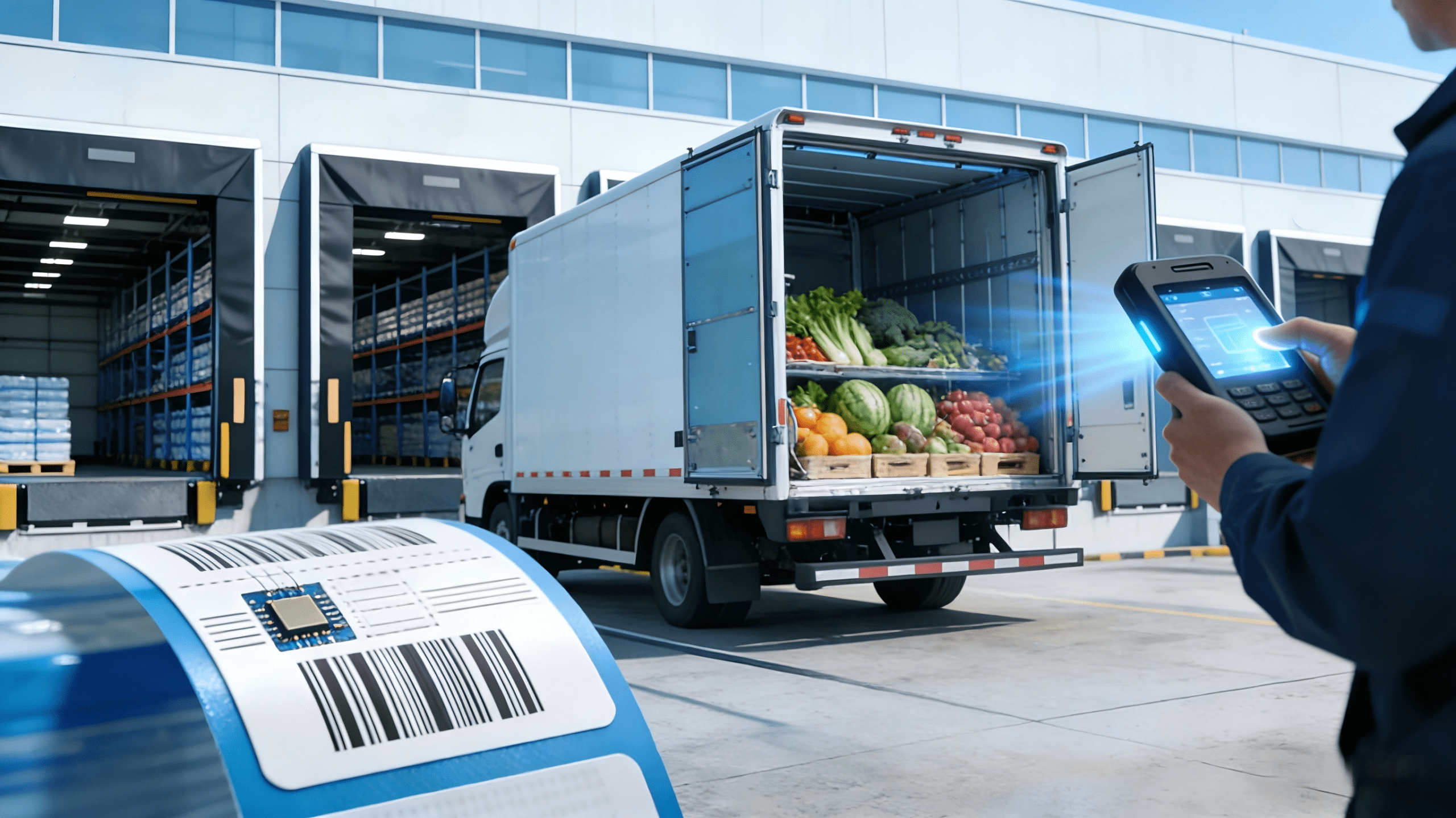
With rapid urbanization and population growth, cities now face urgent environmental challenges in waste disposal and management. To address this, RFID technology is being actively adopted for waste classification and management, delivering significant improvements.
1. RFID Technology in Waste Classification
Firstly, RFID systems enable smarter trash can management. Cities install RFID tags on trash cans to track real-time usage, boosting classification accuracy. For example, colored trash cans linked to RFID-tagged bags ensure proper waste sorting. Additionally, sensors alert workers when bins are full, streamlining collection schedules.
2. RFID Technology in Waste Management
Moreover, recycling companies use RFID to enhance efficiency. Workers attach RFID tags to waste containers (e.g., anti-metal tags on liquid barrels or cable-tie tags on bulk bags) to monitor their journey from collection to processing. This reduces loss and leakage. Furthermore, RFID-driven systems automatically sort waste types, speeding up recycling and reducing landfill use.
3. Key Advantages of RFID Technology
Automation: RFID automates data recording, cutting manual work and boosting productivity.
Data-driven decisions: It generates detailed reports on waste patterns, aiding policy-making.
Traceability: Tags track waste movement, improving accountability and recycling rates.
Sustainability: By reducing errors and pollution, RFID supports greener urban ecosystems.
Transition words added: Firstly, Additionally, Moreover, For example, Furthermore.
Active voice focus: Emphasizes who performs actions (e.g., “cities install,” “workers attach”).
Simplified sentences: Shorter phrases for clarity (e.g., “sensors alert workers” instead of passive constructions).







